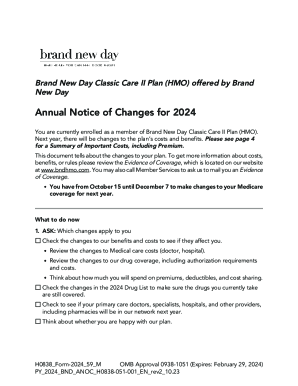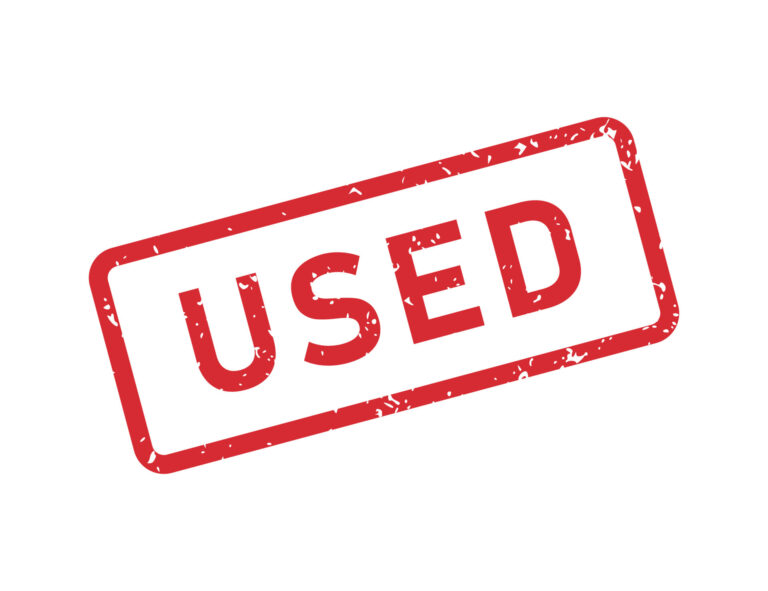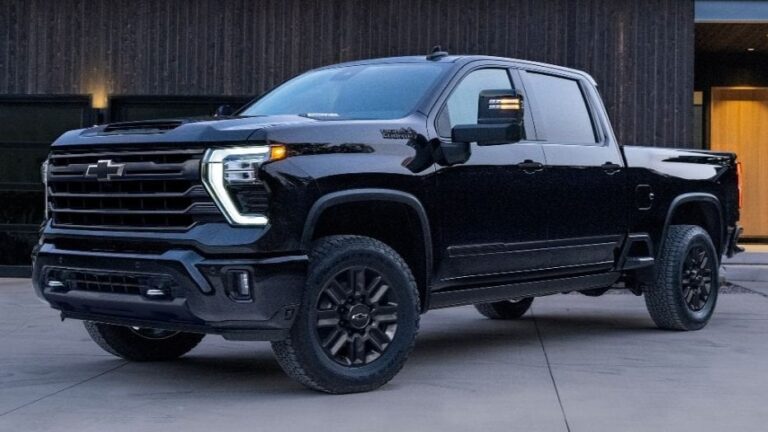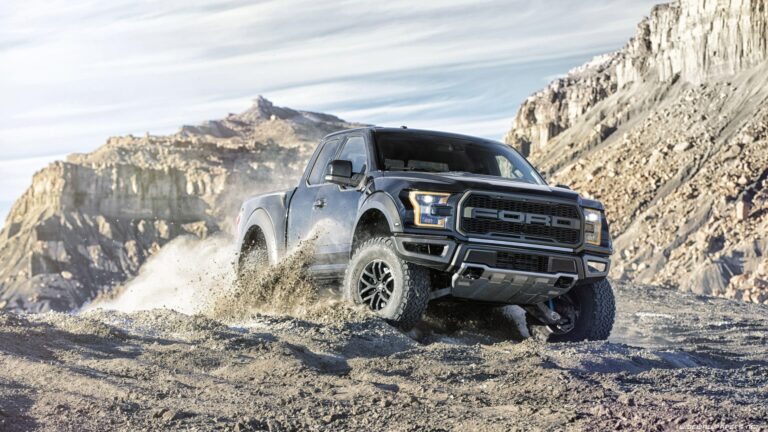Most Reliable Car Brands Long Term: Your Ultimate Guide to Lasting Value
Most Reliable Car Brands Long Term: Your Ultimate Guide to Lasting Value cars.truckstrend.com
In the complex world of automotive choices, few factors weigh as heavily as long-term reliability. It’s the cornerstone of peace of mind, the shield against unexpected expenses, and the quiet promise of dependable transportation for years to come. Investing in a car from a brand renowned for its long-term reliability isn’t just about avoiding breakdowns; it’s about safeguarding your finances, ensuring your safety, and maximizing the return on one of life’s most significant purchases.
Long-term car reliability refers to a vehicle’s ability to consistently perform its intended functions without significant mechanical issues or premature wear over an extended period, often beyond the initial warranty period, spanning 5, 10, or even 15+ years. It encompasses the durability of its engine, transmission, electrical systems, body components, and overall build quality. For consumers, choosing a reliable vehicle translates into lower maintenance costs, fewer unexpected repairs, better resale value, and the invaluable assurance that your car will get you where you need to go, every time.
Most Reliable Car Brands Long Term: Your Ultimate Guide to Lasting Value
This comprehensive guide will delve into the essence of long-term car reliability, highlight the brands that consistently stand out, and provide actionable insights to help you make an informed decision for your next vehicle purchase.
What Defines Long-Term Car Reliability?
Reliability isn’t just a buzzword; it’s a measurable outcome of meticulous engineering, robust manufacturing, and thoughtful design. Several critical factors contribute to a vehicle’s ability to withstand the test of time:
- Build Quality and Materials: The quality of materials used in construction, from the engine block to interior components, directly impacts longevity. Superior materials and stringent manufacturing processes lead to parts that endure wear and tear more effectively.
- Engineering Simplicity vs. Complexity: While advanced technology is appealing, overly complex systems can introduce more points of failure. Brands that balance innovation with proven, durable engineering often achieve higher reliability.
- Powertrain Durability: The engine and transmission are the heart and soul of a vehicle. Brands known for their robust, well-tested powertrains are typically top contenders for long-term reliability.
- Electrical System Integrity: Modern cars rely heavily on complex electrical systems. Reliable brands ensure these systems are well-protected, logically routed, and built with high-quality components to prevent common issues like shorts or sensor failures.
- Corrosion Resistance: For vehicles in diverse climates, effective rustproofing and corrosion protection are vital for maintaining structural integrity and appearance over decades.
- Availability of Parts and Service Network: Even the most reliable car will eventually need maintenance or repair. Brands with readily available, affordable parts and an extensive, competent service network contribute to lower long-term ownership costs and easier upkeep.
- Owner Feedback and Independent Surveys: Organizations like Consumer Reports, J.D. Power, and RepairPal meticulously collect data from thousands of vehicle owners regarding problems encountered. Their annual reliability surveys are invaluable indicators of real-world performance.

The Top Contenders: Most Reliable Car Brands Long Term
Based on decades of data from independent surveys, owner feedback, and industry analyses, certain brands consistently rise to the top when it comes to long-term reliability. These are the stalwarts that have built their reputation on durability and dependability.
- Toyota: Unquestionably a leader in reliability. Toyota’s philosophy of "Kaizen" (continuous improvement) and "Jidoka" (automation with a human touch for quality control) has resulted in vehicles known for their incredible longevity. Models like the Camry, Corolla, and RAV4 routinely last for hundreds of thousands of miles with minimal issues. Their hybrid powertrains are also remarkably durable.
- Lexus: As Toyota’s luxury division, Lexus inherits the parent company’s bulletproof engineering and commitment to quality. Lexus vehicles frequently top reliability charts, offering premium comfort and features without sacrificing dependability. The ES, RX, and GX models are particularly renowned for their long-term durability.
- Honda: Another Japanese automotive giant, Honda consistently ranks high for reliability, particularly its engines and transmissions. Models like the Civic, Accord, CR-V, and Odyssey are staples of long-term ownership. Honda’s reputation for building fun-to-drive, yet incredibly durable, vehicles is well-earned.
- Acura: Honda’s luxury arm, Acura, also benefits from Honda’s robust engineering. While perhaps not as consistently at the very top as Lexus, Acura vehicles like the MDX and TLX offer a strong balance of performance, luxury, and dependable long-term operation.
- Mazda: In recent years, Mazda has significantly improved its reliability scores, often outperforming some traditional leaders. Their "Skyactiv" technology focuses on efficiency and refined engineering, leading to fewer reported problems. Mazda’s commitment to driving dynamics doesn’t compromise its build quality. The Mazda3, CX-5, and CX-9 are excellent examples.
- Subaru: Known for its standard all-wheel-drive system and boxer engines, Subaru has a loyal following for its ruggedness and capability. While historically there were some head gasket concerns on older models, newer Subarus like the Forester, Outback, and Crosstrek have shown significant improvements in reliability, making them solid long-term choices, especially for those in harsh climates.
- Kia & Hyundai: These South Korean brands have made monumental strides in quality and reliability over the last two decades. Once considered budget options, Kia and Hyundai now offer competitive vehicles with excellent warranties and significantly improved long-term dependability, frequently ranking above many established European and American brands in reliability surveys. Their commitment to R&D and manufacturing quality is evident.
Note: While premium German brands like BMW, Audi, and Mercedes-Benz offer exceptional driving experiences and cutting-edge technology, their complexity can sometimes lead to higher maintenance costs and more frequent, albeit often minor, issues as they age. They can be reliable with diligent maintenance, but typically demand a higher long-term investment.
Factors Contributing to a Brand’s Reliability
Beyond the brand name itself, understanding the underlying reasons for a brand’s consistent reliability can provide deeper insight:
- Rigorous Quality Control: Top reliable brands implement incredibly strict quality control measures at every stage of manufacturing, from component sourcing to final assembly.
- Standardization and Proven Platforms: Many reliable brands utilize common platforms and well-tested components across multiple models. This allows for continuous refinement and reduces the risk of new, untested issues.
- Conservative Engineering: Rather than chasing every cutting-edge, unproven technology, reliable brands often adopt a more conservative approach, allowing new technologies to mature before widespread implementation.
- Feedback Loops from Dealerships: Effective communication channels between dealerships (who perform repairs) and manufacturers allow for rapid identification and resolution of recurring issues.
- Long-Term Testing: Before a vehicle even hits the market, reliable brands put prototypes through millions of miles of rigorous testing in diverse conditions to identify and rectify potential weaknesses.
Beyond the Brand: What Else Impacts Your Car’s Long-Term Reliability?
While brand choice is crucial, the longevity of your vehicle also heavily depends on how it’s treated and maintained.
- Consistent Maintenance Habits: This is paramount. Adhering to the manufacturer’s recommended service schedule (oil changes, fluid checks, tire rotations, filter replacements, timing belt/chain inspections) is the single most important factor in prolonging your car’s life.
- Driving Style: Aggressive driving (hard acceleration, sudden braking, high-speed cornering) puts undue stress on the engine, transmission, brakes, and suspension, accelerating wear. Smooth, mindful driving extends component life.
- Environmental Factors: Extreme temperatures (hot or cold), salty roads, and dusty conditions can all impact a car’s components. Regular cleaning, especially underneath, can mitigate damage from road salt.
- Prompt Repair of Minor Issues: Don’t ignore warning lights or strange noises. Addressing small problems quickly can prevent them from escalating into major, costly repairs.
- Quality of Repairs and Parts: When repairs are needed, use reputable mechanics and insist on high-quality (OEM or equivalent) parts. Shoddy repairs or cheap aftermarket parts can compromise overall reliability.
- Storage Conditions: Parking in a garage protects your car from extreme weather, UV rays, and environmental contaminants, preserving both mechanical components and cosmetic appeal.
How to Choose a Reliable Used Car
If buying new isn’t an option, a used car from a reliable brand can offer excellent value. Here’s how to maximize your chances of finding a long-lasting vehicle:
- Research Specific Models and Years: Even within reliable brands, some models or specific model years might have known issues. Consult reliability surveys (Consumer Reports, J.D. Power), owner forums, and reputable automotive review sites.
- Check Service Records: A well-documented service history is gold. It shows that the previous owner cared for the vehicle and followed maintenance schedules.
- Get a Pre-Purchase Inspection (PPI): This is non-negotiable. Have an independent, trusted mechanic thoroughly inspect the vehicle, ideally on a lift. They can spot hidden issues that might not be apparent during a test drive.
- Obtain a Vehicle History Report: Services like CarFax or AutoCheck can reveal accident history, flood damage, salvage titles, odometer fraud, and previous ownership details.
- Thorough Test Drive: Drive the car in various conditions (city, highway, bumps) and pay attention to engine noise, transmission shifts, brake feel, steering responsiveness, and any unusual vibrations or smells. Test all electronics.
Estimated Cost & Reliability Overview of Top Brands
This table provides a general overview. Actual prices and costs will vary significantly based on model, trim, condition, location, and market demand.
| Brand | Reputation for Long-Term Reliability | Average New Car Price Range (USD) | Est. 5-Year Cost of Ownership (Lower is Better) | Key Strengths |
|---|---|---|---|---|
| Toyota | Excellent; Legendary | $22,000 – $60,000+ | Among the lowest | Durability, fuel efficiency, resale value |
| Lexus | Excellent; Consistently Top Tier | $38,000 – $90,000+ | Low for a luxury brand | Refinement, comfort, low maintenance for luxury |
| Honda | Excellent; Strong Track Record | $23,000 – $55,000+ | Low | Engine durability, practical, fun-to-drive |
| Acura | Very Good to Excellent | $35,000 – $70,000+ | Moderate for a luxury brand | Performance, quality, value in luxury segment |
| Mazda | Very Good; Rapidly Improving | $24,000 – $45,000+ | Low to Moderate | Driving dynamics, premium feel, modern design |
| Subaru | Good to Very Good; Improving | $25,000 – $45,000+ | Moderate | AWD capability, safety, strong resale value |
| Kia | Good to Very Good; Great Strides | $20,000 – $60,000+ | Moderate | Value, design, excellent warranty |
| Hyundai | Good to Very Good; Great Strides | $20,000 – $60,000+ | Moderate | Value, features, technology, strong warranty |
Note on "Estimated 5-Year Cost of Ownership": This metric typically includes depreciation, fuel, insurance, maintenance, and repairs. Brands with high long-term reliability tend to have lower maintenance and repair costs, contributing to a lower overall cost of ownership. The figures above are qualitative (e.g., "Among the lowest") reflecting their general standing in the industry.
Frequently Asked Questions (FAQ)
Q1: Are luxury cars less reliable than non-luxury cars?
A1: Generally, yes, when considering overall maintenance costs and frequency of issues. Luxury cars often incorporate more complex technologies, advanced electronics, and specialized components that can be expensive to repair and maintain as they age. However, brands like Lexus (Toyota’s luxury arm) are notable exceptions, consistently ranking among the most reliable vehicles regardless of segment.
Q2: Does mileage affect a car’s reliability?
A2: Yes, mileage is a significant factor. While a well-maintained car from a reliable brand can last for hundreds of thousands of miles, higher mileage generally means more wear and tear on components. However, a high-mileage car with a detailed service history is often a better bet than a low-mileage car that has been neglected.
Q3: Is it always better to buy a new car for reliability?
A3: Not necessarily. While a new car offers the benefit of a full warranty and no prior owner issues, a well-researched used car from a highly reliable brand can be an excellent value. Often, the bulk of depreciation occurs in the first few years, making a 3-5 year old used car a smart financial choice without significantly compromising long-term reliability.
Q4: Which is more reliable: SUV, sedan, or truck?
A4: Reliability is more brand and model-specific than body style specific. Historically, sedans from reliable brands have often led the pack due to simpler designs and lighter loads. However, modern SUVs and even trucks from brands like Toyota and Honda have demonstrated excellent long-term reliability. It depends on the specific engineering and manufacturing quality of the individual model.
Q5: How often should I service my reliable car?
A5: Always follow the manufacturer’s recommended maintenance schedule outlined in your owner’s manual. This typically involves oil changes every 5,000-10,000 miles, and more comprehensive inspections and fluid changes at specified mileage intervals (e.g., 30,000, 60,000, 90,000 miles). Consistent adherence to this schedule is crucial for maximizing long-term reliability, even for the most dependable brands.
Concluding Summary
Choosing a car from a brand renowned for its long-term reliability is one of the smartest decisions you can make as a vehicle owner. Brands like Toyota, Lexus, Honda, Acura, Mazda, Subaru, Kia, and Hyundai have consistently proven their ability to build vehicles that stand the test of time, saving owners money and providing invaluable peace of mind.
While the brand is a significant starting point, remember that your role as an owner is equally critical. Diligent maintenance, sensible driving habits, and prompt attention to any issues will ensure that even the most reliable vehicle lives up to its full potential for longevity. By combining smart brand selection with responsible ownership, you can enjoy years of dependable, cost-effective, and safe transportation, making your automotive investment truly last.




